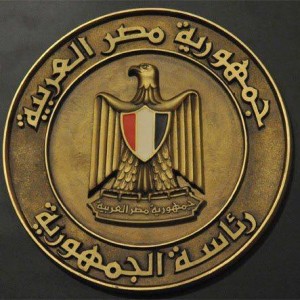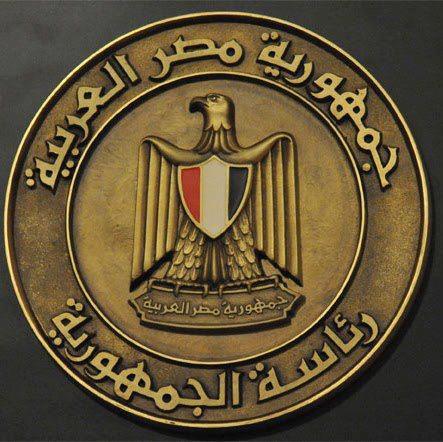
(Public Domain)
When asked about frequent arrests and detentions, presidential spokesperson, Ehab Fahmy, denied on Monday any decline in rights and freedoms.
Fahmy stated that freedom of expression and the right to peaceful protest are rights reserved to everybody, reported state-owned Al-Ahram. He added summoning political activists to investigation is at the complete discretion of the public prosecution.
The presidency refused to comment on the Tamarod campaign, a campaign collecting signatures withdrawing people’s confidence in President Mohamed Morsi and calling for early presidential elections.
“The presidency is not in any disputes with anyone, whether businessmen or politicians,” Fahmy was quoted as saying by Al-Ahram.
The presidential spokesperson then moved to regional crises, beginning with Syria. Fahmy stated that Egypt’s stance on the Syrian crisis remains siding with the Syrian people. He added that the solution lies in forming a transitional government and initiating dialogue between the opposition and members of the regime whose “hands are not stained with the peoples’ blood”.
“Our communication with the Russians and the Iranians reflected the importance of resolving the conflict without any preconditions,” Fahmy said. He added that presidential assistant Essam El-Haddad’s visit to Turkey was to convey a message from the president to Prime Minister Recep Tayyip Erdogan about activating the Turkish role in Egypt’s quartet initiative to solve the crisis.
Fahmy also stressed Egypt‘s condemnation of all forms of Israeli violations against Al-Aqsa Mosque.
“We demanded the immediate release of Grand Mufti of Jerusalem Mohamed Hussein,” Fahmy said. Hussein was arrested last week after Israeli forces raided his home.
Fahmy denied any scheduled meetings for the president with Palestinian factions. He stated that Egypt supports the national Palestinian reconciliation.
Regarding the Grand Ethiopian Renaissance Dam, Fahmy stated that Egypt is in continuous communication with Ethiopia through diplomatic channels. He added that there’s a tripartite committee to issue a report about the effects of the dam on Egypt’s share of Nile water.
South Sudan, the most recent member state of the Nile Basin Initiative, will host a ministerial meeting in Juba at the end of June.


